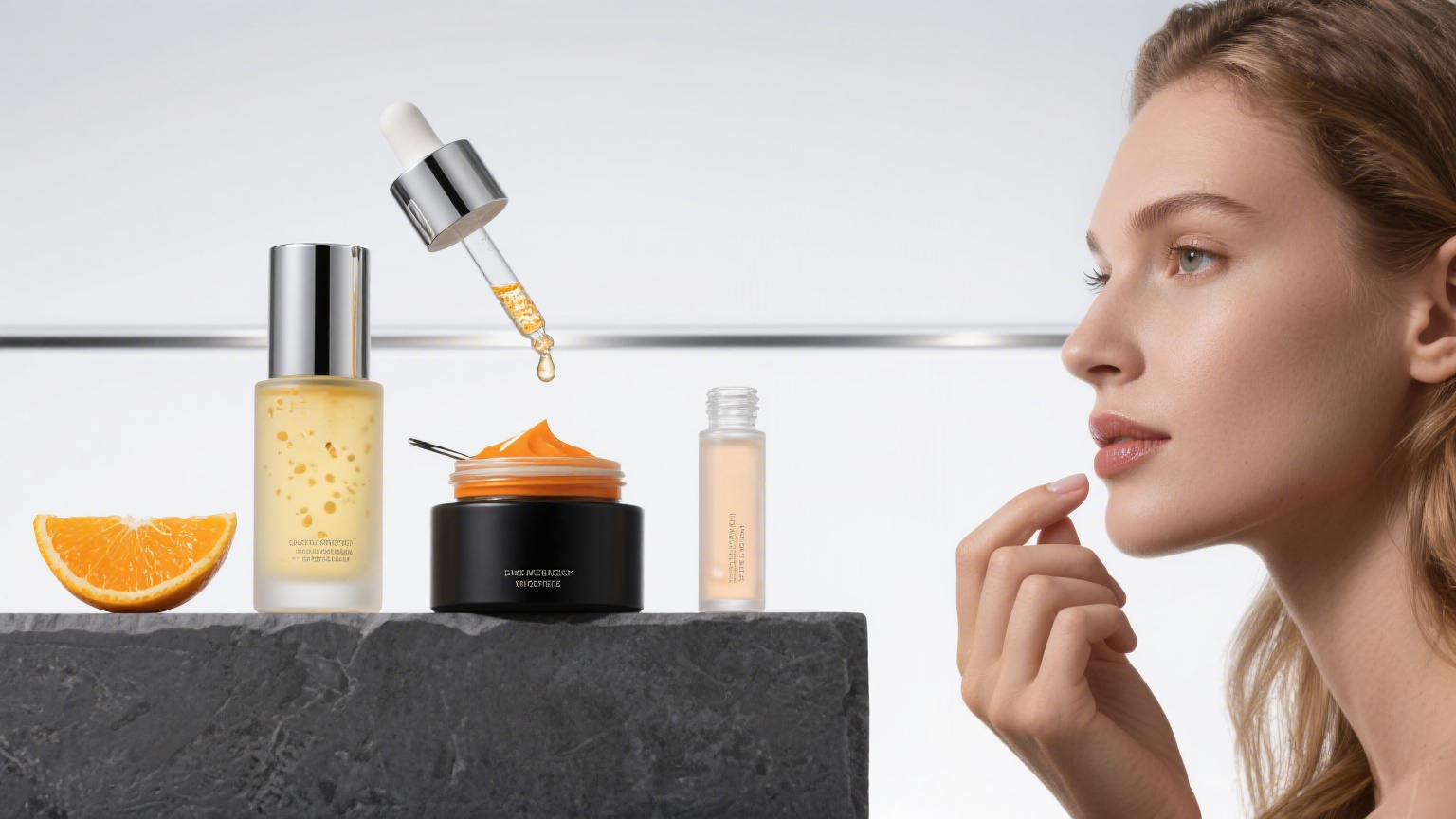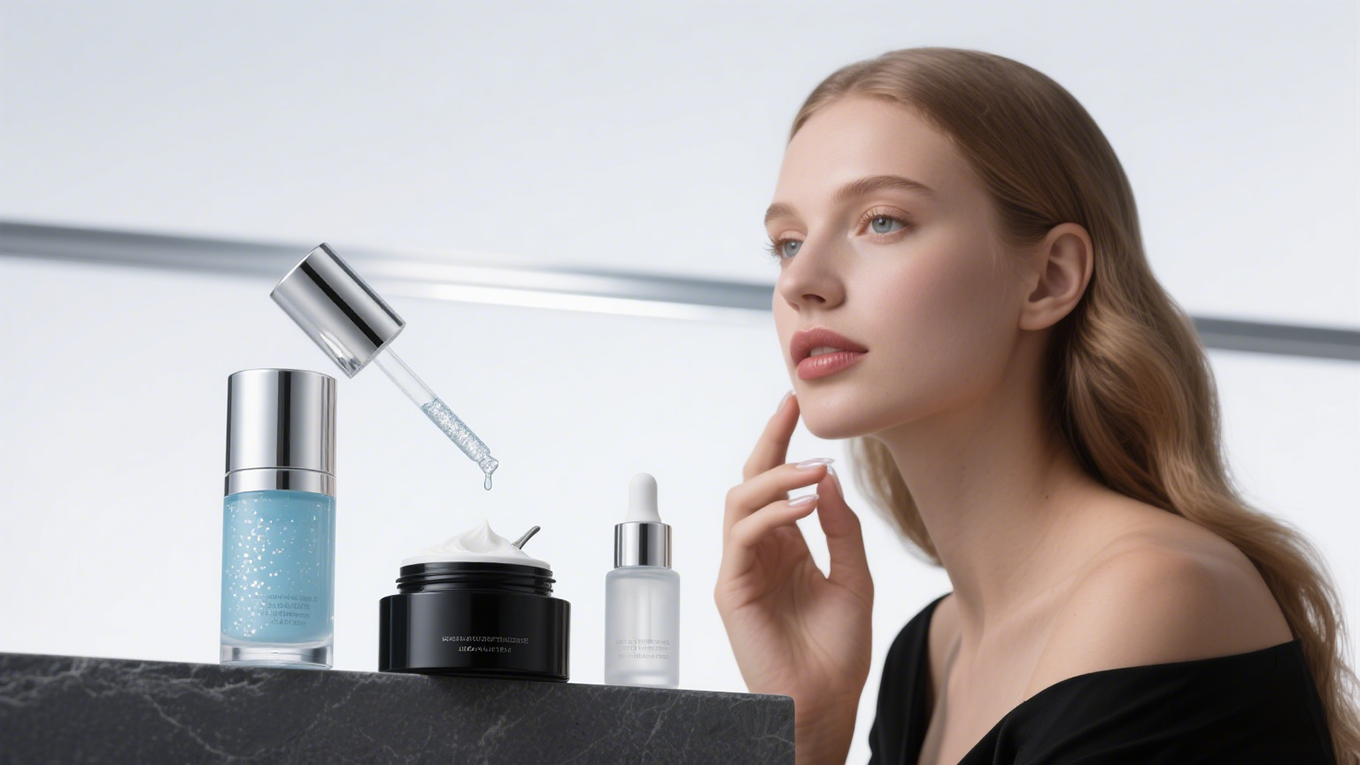Jojoba oil has earned a reputation as one of the most versatile and beneficial oils in skincare and haircare. Extracted from the seeds of the jojoba plant (Simmondsia chinensis), this natural oil closely mimics the skin’s own sebum, making it suitable for all skin types, including sensitive and acne-prone skin. Beyond its moisturizing properties, jojoba oil offers a wide array of benefits, from soothing inflammation to enhancing hair strength and shine. This guide explores in detail how jojoba oil works, its key advantages, and the most effective ways to incorporate it into your daily skincare and haircare routine.
What Makes Jojoba Oil Unique
Jojoba oil is not a traditional oil; it is actually a liquid wax ester. This unique chemical composition allows it to absorb quickly into the skin without leaving a greasy residue. Its molecular structure is remarkably similar to human sebum, which helps balance the skin’s natural oil production.
Key components of jojoba oil include:
- Vitamin E: A powerful antioxidant that protects the skin from environmental stressors.
- B-complex vitamins: Support skin health, cell repair, and hydration.
- Minerals such as zinc and copper: Promote healing and reduce inflammation.
- Essential fatty acids: Including oleic acid, linoleic acid, and palmitic acid, which strengthen the skin barrier.
These components make jojoba oil highly versatile and effective for multiple skin and hair concerns.
Benefits of Jojoba Oil for Skin
1. Moisturizes Without Clogging Pores
Because jojoba oil mimics natural sebum, it provides hydration without contributing to acne or blackheads. Its lightweight texture makes it ideal for all skin types, from oily to dry.
How to use: Apply a few drops of jojoba oil to clean skin or mix with your moisturizer for enhanced hydration.
2. Balances Oil Production
Jojoba oil can regulate sebum production, preventing excessive oiliness while keeping the skin adequately hydrated. This balancing effect is particularly beneficial for individuals with combination or oily skin.
3. Soothes Irritation and Reduces Inflammation
The anti-inflammatory properties of jojoba oil help calm irritated skin, making it effective for conditions such as eczema, psoriasis, and rosacea.
How to use: Apply jojoba oil to affected areas twice daily to soothe redness and itching.
4. Promotes Skin Healing
Rich in antioxidants and vitamins, jojoba oil accelerates wound healing, reduces scars, and improves skin elasticity. Its regenerative properties make it useful for minor cuts, sunburns, and acne scars.
5. Fights Aging Signs
Jojoba oil protects against premature aging by neutralizing free radicals and supporting collagen production. Regular use can reduce the appearance of fine lines and wrinkles while maintaining skin firmness.
6. Gentle Makeup Remover
Jojoba oil dissolves makeup effectively without stripping the skin of its natural oils, making it ideal for sensitive skin.
Benefits of Jojoba Oil for Hair
1. Deeply Moisturizes the Scalp
Jojoba oil penetrates the scalp to provide hydration, preventing dryness, flakiness, and dandruff. Its similarity to natural scalp oils allows it to nourish without leaving buildup.
2. Strengthens Hair and Prevents Breakage
The fatty acids in jojoba oil strengthen hair shafts, reduce split ends, and enhance elasticity. Regular application promotes healthier, thicker hair.
3. Adds Shine and Smoothness
Jojoba oil coats the hair, giving it a natural shine while reducing frizz. It is compatible with all hair types, from straight to curly.
4. Promotes Hair Growth
By keeping the scalp healthy and unclogging hair follicles, jojoba oil can support optimal hair growth. Its nutrients stimulate circulation, enhancing follicle health.
How to use: Massage a few drops of jojoba oil into the scalp before shampooing or mix it with your conditioner for added hydration and shine.
How to Incorporate Jojoba Oil Into Your Routine
For Skin:
- As a daily moisturizer: Apply 3–5 drops on the face after cleansing.
- Mix with serums or creams: Enhance the efficacy of existing products.
- Spot treatment for scars: Dab on acne scars or blemishes for faster healing.
- Bath oil: Add a few drops to bathwater for all-over hydration.
For Hair:
- Pre-shampoo treatment: Massage into the scalp to hydrate and reduce dryness.
- Leave-in conditioner: Apply a small amount to hair ends to prevent split ends.
- Hot oil treatment: Warm the oil slightly and apply for deep conditioning.
Safety and Precautions
Jojoba oil is generally safe and non-toxic, but consider the following:
- Conduct a patch test before full application, especially for sensitive skin.
- Store in a cool, dark place to prevent oxidation.
- Use pure, cold-pressed jojoba oil for maximum benefits.
- Avoid using excessive amounts on hair to prevent greasiness.
Jojoba oil is a remarkable natural ingredient that addresses a wide range of skin and hair concerns. Its ability to moisturize, balance, heal, and protect makes it suitable for all skin and hair types. Whether used as part of a daily skincare routine, a hair care regimen, or targeted treatments, jojoba oil provides sustainable, gentle, and effective results. Consistent use, combined with sun protection and a healthy lifestyle, ensures glowing, smooth skin and strong, vibrant hair.
By understanding the properties and applications of jojoba oil, individuals can fully leverage this natural elixir to maintain youthful, radiant skin and lustrous, healthy hair.



